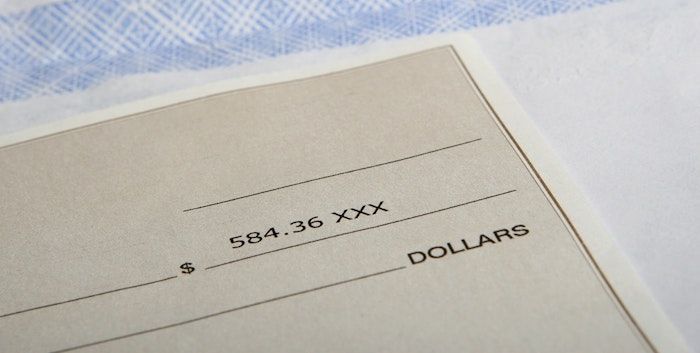
Wage garnishments are a form of levy that requires an employer to withhold part of a person’s earnings so the individual can pay off their tax debt. And it happens to many tax debtors. While wage garnishments are a way to settle your tax debt, albeit legal, it is also forceful and can have a huge impact on your financial stability and livelihood.
You may be facing wage garnishments if you:
- Forgot to pay taxes one year
- Avoided paying taxes for financial reasons
- Significantly underpaid your tax liability
- Defy taxation all together and don’t pay for years
Which wages can be garnished?
In wage garnishments, the term wages include hourly wages, salaries, commissions, and bonuses. Once the “exempt amount” is determined and deducted from your actual wages, the rest are then paid to the IRS.
The Wage Garnishment Process
It is important to note that IRS wage garnishments do not happen simply because a taxpayer has unpaid taxes, but because the taxpayer failed to communicate with the IRS how the outstanding tax debt is going to be settled and paid. Before wage garnishments happen, the taxpayer is sent a series of IRS letters and notices reminding of unpaid taxes and the payment methods the taxpayer may use.
These letters and notices are the correspondence sent by the IRS to notify and remind of a taxpayer’s unpaid taxes:
- CP14 Notice — The IRS lets you know you have unpaid taxes.
- CP501 — The first reminder about your back taxes.
- CP503 — This is a second reminder that the IRS has not received payment from the outstanding balance on your tax account yet.
- CP04 — This is a final warning and serves as the IRS’ Notice of Intent to Levy.
- LT11 — This is the IRS Final Notice of Intent to Levy and Notice of Your Right to a Hearing. At this point, you will have 30 days before the wage garnishment begins.
This Final Notice may be served by the IRS in person, at the taxpayer’s home, or usual place of business.
The taxpayer doesn’t need to actually receive the notice for it to be valid (they may not have a current address for you). As a result, some taxpayers get wages garnished without ever receiving a notice.
For each of these letters and notices, the IRS provides options on how the tax debt can be paid.
Here’s how we can help…
At the law office of Steven N. Klitzner, we have the knowledge and the experience necessary to assist you with wage garnishment problems.
If you want to avoid wage garnishment, we need to contact the IRS as soon as an “Intent to Levy” or Notice of Levy letter is received. You don’t want to deal with the embarrassment of having your employer receive an “Order to Withhold Taxes” letter from your wages. We contact the IRS to negotiate a fair resolution, potentially reducing the amount owed or establishing a manageable payment plan, and most importantly, stopping the wage garnishment.
If you are already subject to wage garnishments, we can help you craft strategic solutions to secure the release of your wage garnishment so you can regain control of your finances.
Dealing with tax problems can be one of the most stressful times of anyone’s life; don’t handle it alone. Call us at (305) 564-9199 today to schedule a free and confidential consultation and let us help you with your wage garnishment problem.

 Steven N. Klitzner, P.A. is a tax attorney based in Miami, Florida. He has been practicing tax law for over 40 years, and currently holds a 10.0 rating by Avvo. Mr. Klitzner was appointed to the IRS Service Advisory Council in 2021 and is...
Steven N. Klitzner, P.A. is a tax attorney based in Miami, Florida. He has been practicing tax law for over 40 years, and currently holds a 10.0 rating by Avvo. Mr. Klitzner was appointed to the IRS Service Advisory Council in 2021 and is... 





